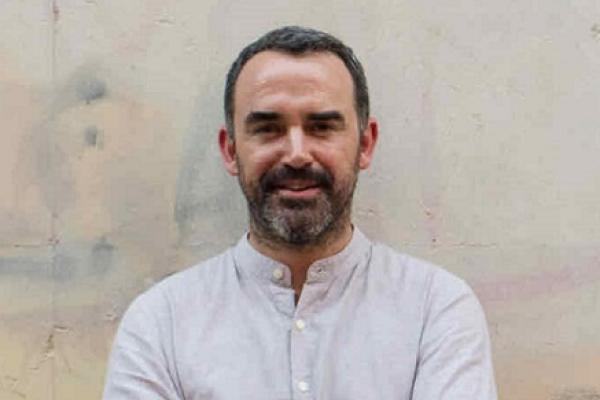
The 1970s have long been remembered as the so-called Years of Lead, a historicization that has stymied research on those planes of leftist experience that hover between political apathy – qualunquismo – and armed violence. This talk takes a media studies approach to the ephemeral cultural production of the left (drawings, graffiti, small print publications, as well as still and moving images) to capture an understudied swath of experience, the everyday, that was crucial to the development of leftist imagination and practice in the period.
Jonathan Mullins is a postdoctoral scholar and teaching fellow in the Department of French and Italian at the University of Southern California. Before coming to USC, he taught at The Ohio State University and Dartmouth College. The main concerns of his research are the history of the Italian left, the use and representation of the body and the way media facilitate the creation of mass, sub, and countercultures in the twentieth and twenty-first century. These questions are explored in his articles in World Picture, The Journal of Romance Studies and Italian Studies. He is currently preparing a book manuscript, Ephemeral Media, Everyday Dissent: the Radical Left in 1970s Italy, which tracks how radical leftists turned to ephemeral cultural forms – street performance, alternative radio broadcasts, photography, graffiti, and print marginalia – to invigorate their political practice. His presentation, Dreams, Hanging Out and Rebellion: “Ephemera” and the Leftist Everyday in 1970s Italy, emerges from this project. He is also preparing another manuscript, The Poetics of Exhaustion: Italian Realisms in the Age of Berlusconi, which examines the relationship of realist aesthetics and political critique in the twenty-first century.
